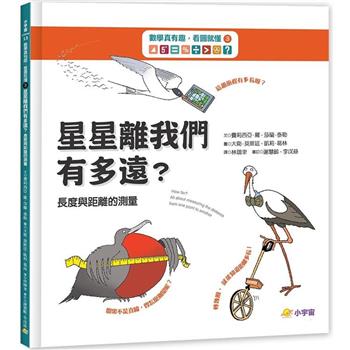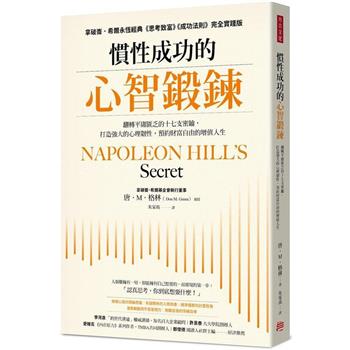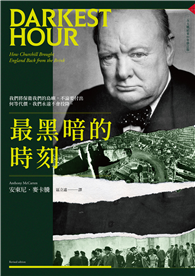In Search of Admiration and Respect examines the institutionalization of Chinese cultural diplomacy in the period between high imperialism and the international ascendance of the People’s Republic of China. During these years, Chinese intellectuals and officials tried to promote the idea of China’s cultural refinement in an effort to combat negative perceptions of the nation. Yanqiu Zheng argues that, unlike similar projects by more established powers, Chinese cultural diplomacy in this era was not carried out solely by a functional government agency; rather, limited resources forced an uneasy collaboration between the New York-based China Institute and the Chinese Nationalist government.
In Search of Admiration and Respect uses the Chinese case to underscore what Zheng calls "infrastructure of persuasion," in which American philanthropy, museums, exhibitions, and show business had disproportionate power in setting the agenda of unequal intercultural encounters. This volume also provides historical insights into China’s ongoing quest for international recognition. Drawing upon diverse archival sources, Zheng expands the contours of cultural diplomacy beyond established powers and sheds light on the limited agency of peripheral nations in their self-representation.| FindBook |
有 1 項符合
In Search of Admiration and Respect: Chinese Cultural Diplomacy in the United States, 1875-1974的圖書 |
 |
In Search of Admiration and Respect: Chinese Cultural Diplomacy in the United States, 1875-1974 作者:Zheng 出版社:University of Michigan Press 出版日期:2024-09-23 語言:英文 規格:平裝 / 264頁 / 普通級/ 初版 |
| 圖書館借閱 |
| 國家圖書館 | 全國圖書書目資訊網 | 國立公共資訊圖書館 | 電子書服務平台 | MetaCat 跨館整合查詢 |
| 臺北市立圖書館 | 新北市立圖書館 | 基隆市公共圖書館 | 桃園市立圖書館 | 新竹縣公共圖書館 |
| 苗栗縣立圖書館 | 臺中市立圖書館 | 彰化縣公共圖書館 | 南投縣文化局 | 雲林縣公共圖書館 |
| 嘉義縣圖書館 | 臺南市立圖書館 | 高雄市立圖書館 | 屏東縣公共圖書館 | 宜蘭縣公共圖書館 |
| 花蓮縣文化局 | 臺東縣文化處 |
|
|
圖書介紹 - 資料來源:博客來 評分:
圖書名稱:In Search of Admiration and Respect: Chinese Cultural Diplomacy in the United States, 1875-1974
內容簡介
In Search of Admiration and Respect: Chinese Cultural Diplomacy in the United States, 1875-1974 相關搜尋
Wild Flowers Worth Knowing (Esprios Classics)The Poetical Works of Alexander Pope - Volume I (Esprios Classics)
The Poetical Works of Alexander Pope - Volume II (Esprios Classics)
Confessions of an English Opium-Eater (Esprios Classics)
Among My Books: Second Series (Esprios Classics)
Journal of a First Fleet Surgeon (Esprios Classics)
Poems on Various Subjects, Religious and Moral (Esprios Classics)
The Manor House and Other Poems (Esprios Classics)
The Drama of Love and Death - A Study of Human Evolution and Transfiguration
Pilosity, Prejudice, and Passion in the Tale of Old Bearded Achbor by Yaakov Ben El’azar of Toledo
|











